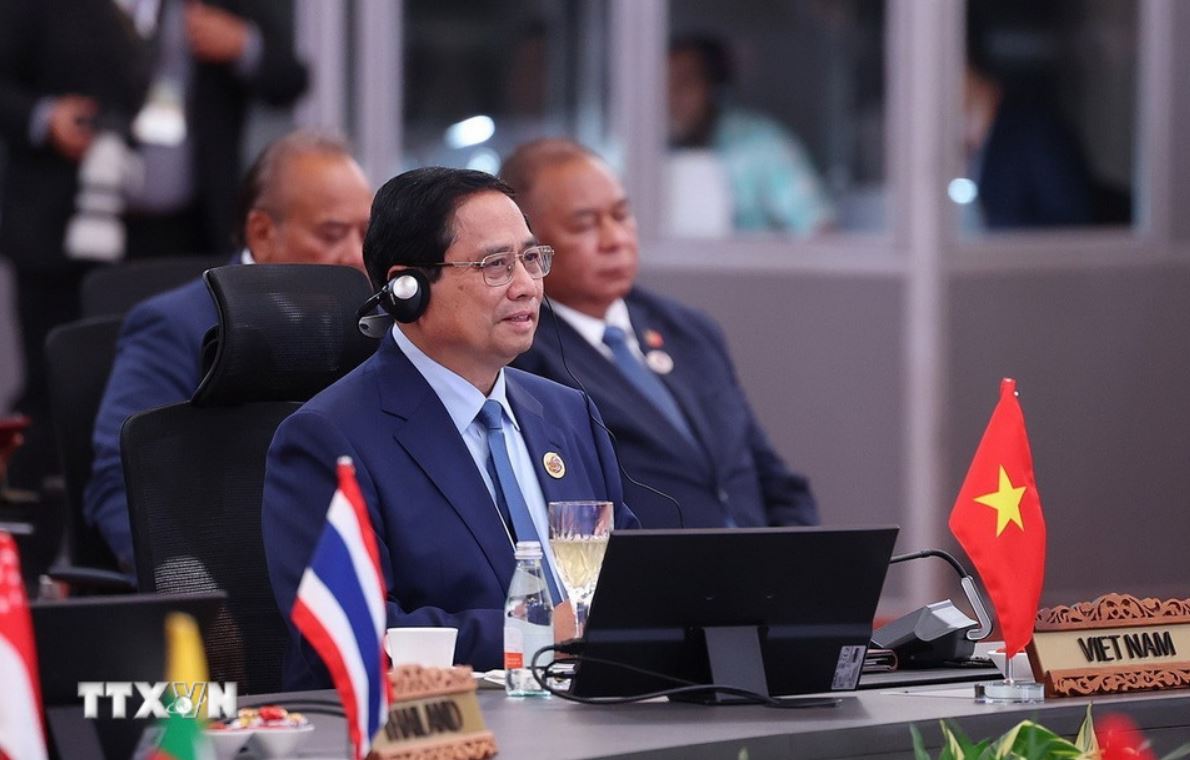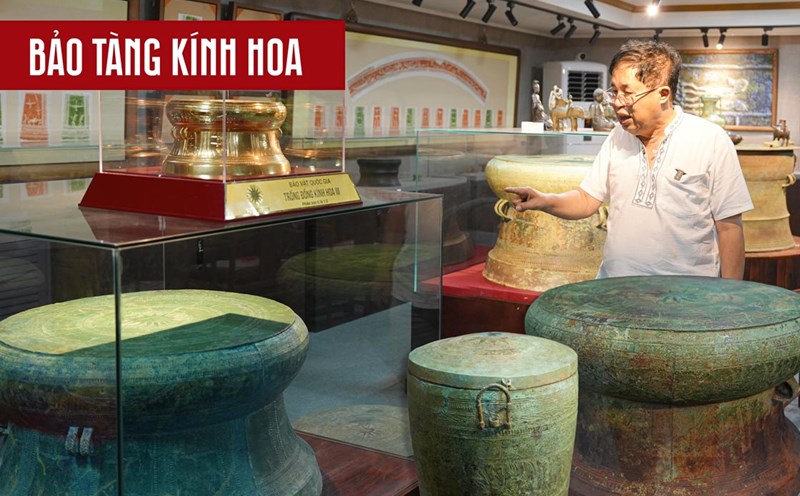VNA reported that within the framework of the 46th ASEAN Summit, on the morning of May 27, the 2nd ASEAN - Gulf Cooperation Council (GCC) Summit opened at the Kuala Lumpur Convention Center in Malaysia.
Politburo member and Prime Minister Pham Minh Chinh led a high-ranking delegation of the Vietnamese Government to attend and speak at the conference.
Speaking at the opening of the conference, Prime Minister of the host country Anwar Ibrahim - the country currently holding the rotating ASEAN Chair - expressed his honor to have Malaysia co-chair and host the conference.
Mr. Anwar Ibrahim affirmed that cooperation between ASEAN and the GCC is built on a solid foundation established at the first Summit in Riyadh (Saudi Arabia) in 2023.
The presence of 10 ASEAN members, Timor-Leste and 6 GCC members at this conference is a clear demonstration of the two regions' common commitment to promoting and strengthening the strong relationship.
According to the Malaysian leader, this year's ASEAN theme is "Operation and Sustainability," reflecting the aspiration for fair growth, focusing on people and looking towards the future. This theme is in line with the common values of both ASEAN and the GCC on stability through unity and prosperity in the spirit of cooperation as well as resilience through common responsibility.

On behalf of the GCC Summit, crown prince Kuwait Sheikh Sabah Al- Khalid Al-Sabah spoke and chaired the discussions at the conference.
The GCC was founded in the capital Riyadh of Saudi Arabia in 1981 and is a political and economic alliance of 6 members: Bahrain, Kuwait, Oman, Qatar, Saudi Arabia and the United Arab Emirates (UAE). This region is known for many of the fastest growing economies in the world.
In 2023, the GCC will be ASEAN's 7th largest trading partner with a total two-way trade turnover of 130.7 billion USD. Investment between the two regions is also increasing, showing increasing confidence in the long-term prospects of both blocks.
Prime Minister Anwar affirmed that the ASEAN-GCC partnership is becoming more important than ever, especially in the context of both sides facing complex global movements with challenges in economic and geopolitical instability.










